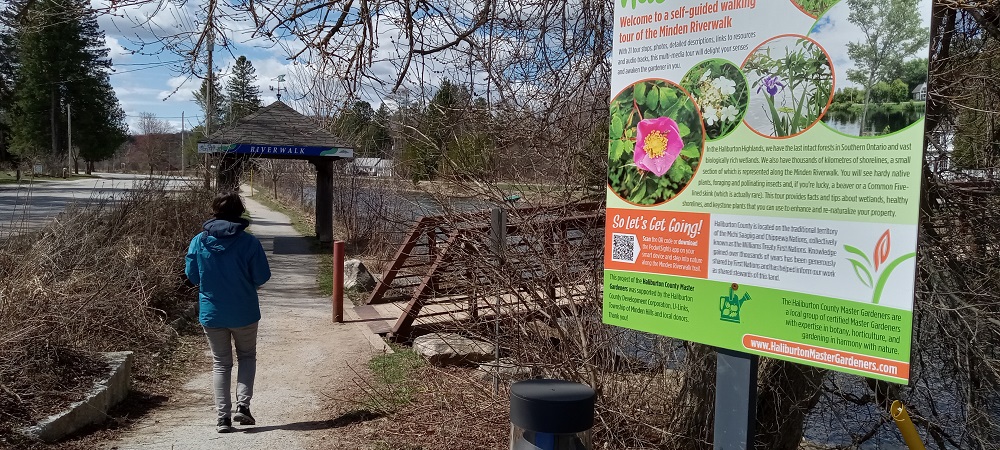Minden Hills council gave Chelsea Cosh, its manager of waste facilities, the green light April 11 to complete a Bee City Canada application to designate the township a Bee City.
Council also supported the celebration of national pollinator week, annually held the third week of June.
Founded in 2016, Bee City Canada is a federally-recognized charitable organization with the goal to educate Canadians about the importance of pollinators and to inspire action to ensure pollinator habitat protection.
Cosh said it supports collaborative efforts of communities and organizations committed to helping pollinators by offering four designations: Bee Cities, Bee Partners, Bee Schools and Bee Campuses.
“Bee City Canada’s mission is to recognize and support municipalities, Indigenous communities, campuses, schools, and other organizations that are taking action to protect and promote pollinators,” Cosh said.
She added, “they offer programs which recognize communities and organizations that are taking steps or are committed to future initiatives to help pollinators.”
Cosh noted pollinator species worldwide are at an increasing risk of population decline due to habitat loss, climate change, pesticides and pest diseases. Since plants form the building blocks of all ecosystems, disruption to their pollination and subsequent reproduction is likely to result in a decline in plant species diversity, and can adversely affect animals and birds that rely on them.
Pollinators play a critical role in maintaining healthy native plant communities and in ensuring that flowering plants produce seeds. In addition, these pollinators play a significant role in crop production, Cosh told council.
She said the Bee City designation “is an annual commitment a municipality can make to ensure that pollinators are protected, and recognizes the municipality’s efforts towards pollinator protection.”
Currently, there are 82 Bee Cities in Canada with 44 in Ontario.
“The Bee City Canada designation builds upon existing initiatives and can establish new approaches and partnerships that advance numerous municipal objectives,” Cosh added.
She said to qualify for the title, a municipality has to create and conserve habitat, and educate and promote healthy, sustainable habitat for pollinators. They must also mark national pollinators week.
She added that staff have to oversee the programs, and she thinks this can be done in-house.
One staff member, let’s call them a queen bee, would be the key liaison, who would then create a pollinator team. It costs $150-a-year for resources. There is also commitment to creating and maintaining habitat, and public education.
Cosh noted it would not just be about council, but getting the community onboard to do things such as establishing their own pollinator gardens and becoming involved in environmental stewardship.
Some of her ideas include: planting wildflowers and native seeds for landfill final cover, creating pollinator gardens or a wildflower meadow at township parks, properties, land, etc., a pollinator week kids colouring contest, Bee a Hero garden challenge (create a pollinator habitat in your own backyard), wildflower seed packet giveaway, collaboration with Archie Stouffer Elementary School on pollinator initiatives; look at possibilities to collaborate with local groups and expand involvement.
“The Bee City designation will recognize Advertorial the township as a leader in biodiversity protection and set an example for surrounding municipalities,” Cosh said. She added it “offers the opportunity to effectively engage residents with Minden Hills’ natural environment and help the township achieve sustainability.”
Councillors were abuzz over the prospect. Coun. Pam Sayne commented, “I’m really pleased to see this coming forward. People are probably saying, ‘we’re such a rural area, why is this an issue?’ but if we don’t put these in place, we’re going to be paved over in no time. To see these kinds of initiatives coming now, and put in place for our long-term development, is really nice to see.”





